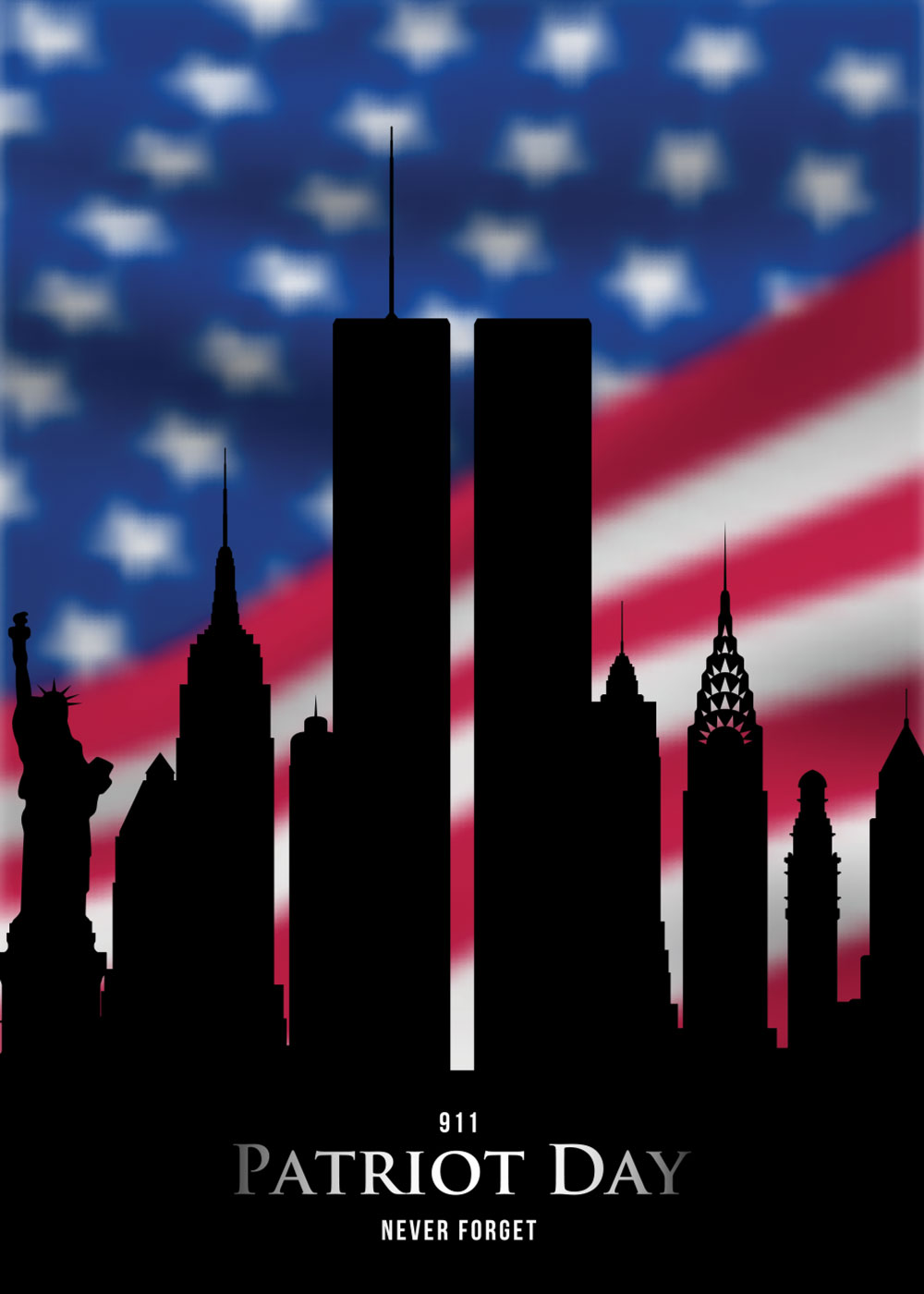I am sorry for the length of this blog, but I hope those reading will stay with it until the end. I feel passionate about this issue, and it deserves our full attention.
This week marks another solemn September anniversary. On September 11, 2001, America suffered an unthinkable attack on its soil. Thousands were murdered in an act of terror designed not only to destroy lives, but to shake the very freedoms we hold dear — including freedom of religion, freedom of assembly, and freedom of speech. We remember 9/11 as a reminder that liberty must always be defended, because threats to our constitutional rights can come both from foreign enemies and from within.
Fast forward to September 10, 2025, when conservative commentator Charlie Kirk was assassinated while addressing students at Utah Valley University. Whatever one thinks of his politics, his murder should alarm us all. Kirk died doing what the First Amendment protects most — speaking freely in the public square. His assassination is more than a personal tragedy. It is an assault on the principle that in America, ideas are answered with more ideas, not with violence.
For those who did not know of Charlie Kirk, or for those who disagreed with him politically, one fact remains undeniable: his approach was fresh and resonated with many young people. He built his platform by engaging directly with students, often on their own turf, and by offering something increasingly rare — free and open debate without judgment. He invited tough questions, welcombed ideological opponents, and created space for dialogue rather than silence. That willingness to confront disagreement head-on is precisely what free speech is meant to protect. We do not have to agree with Kirk’s politics to recognize that his death represents a loss not only of a voice, but of a model for how speech can function in a healthy democracy.
There is a disturbing trend on American campuses around the nation. New data shows that cultural attitudes about speech are shifting in ways that would have been unthinkable a generation ago. The 2026 College Free Speech Rankings, released by the Foundation for Individual Rights and Expression (FIRE), surveyed more than 68,000 students across 257 colleges. Among the findings: 34% of students believe that violence can be acceptable, in some circumstances, to prevent speech they oppose.
Did you know that you can review a College’s Free Speech Rankings? See https://www.thefire.org/college-free-speech-rankings You may be interested and surprised by your alma mater’s rankings. While any survey could benefit from polling even more students, this one is vast — the largest of its kind — and its findings cannot be ignored.
Consider that for a moment. Roughly one-third of tomorrow’s leaders — future judges, legislators, business executives, and citizens — openly declare that violence is an acceptable substitute for debate. This is not just an academic statistic. It reflects a growing disregard for the First Amendment’s core promise: that government cannot suppress speech merely because it is unpopular, controversial, or offensive.
If you are wondering WHY this should alarm all of us… it is because it is the erosion of the constitutional bedrock. If Speech is silenced, if Life is extinguished, the marketplace of ideas collapses. The assassination of Charlie Kirk illustrates the most extreme outcome of such a culture — a world where dissenters risk their lives for speaking. Americans, all Americans, no matter of their race, gender or political beliefs, should be paying attention. The 9/11 attacks were intended to break America’s spirit by using fear to silence and divide us. We answered by reaffirming unity and a commitment to liberty. Today, we face a quieter but equally dangerous temptation: to let fear, offense, or ideology erode our constitutional commitments. Remembering 9/11 should remind us that when we abandon principle, the adversary — whether foreign or domestic — has already won.
When I was in high school, Civics/American Government was NOT an option, it cannot be an elective course in High School. The next generation must understand not just the text of the First Amendment, but its purpose — to protect even the speech we despise. We as an American society, must protect speakers and forums. Institutions must uphold the right to speak without intimidation. Canceling events or tolerating “shout-downs” sends the wrong message. We as an American society must reject violence, unequivocally. As lawyers, judges, policymakers, and citizens, we must be clear: violence has no place in public discourse. Our leaders MUST lead by example….the legal community, in particular, has a duty to model civil debate and to defend constitutional rights consistently, regardless of whose speech is at issue.
In remembering 9/11, and in mourning Charlie Kirk, we are reminded of the fragility of freedom. The Constitution does not enforce itself; it relies on our willingness to uphold its principles, especially when they are difficult. What happened to Charlie Kirk is more than the loss of one life. It’s a symptom of a larger rot — where speech is no longer seen as something to be defended, but something to be silenced when inconvenient. And when over one-third of young people believe violence is acceptable in certain cases to suppress speech, we are close to losing the bedrock principle that holds us together as a republic.
Free speech does not mean speech without consequence, nor does it mean speech is always kind. But it does mean that force cannot become the first resort. It means we trust ideas to be challenged through words, debate, persuasion — not guns. If we abandon that, then we abandon not just free speech, but our constitutional promise. We must work — in classrooms, courtrooms, and communities — to prove them wrong. Free speech AND the right to LIFE, LIBERTY and the PURSUIT OF HAPPINESS, and the Constitution that guarantees it, are worth defending. If we forget that lesson, we risk repeating tragedies of the past in new and dangerous forms.


